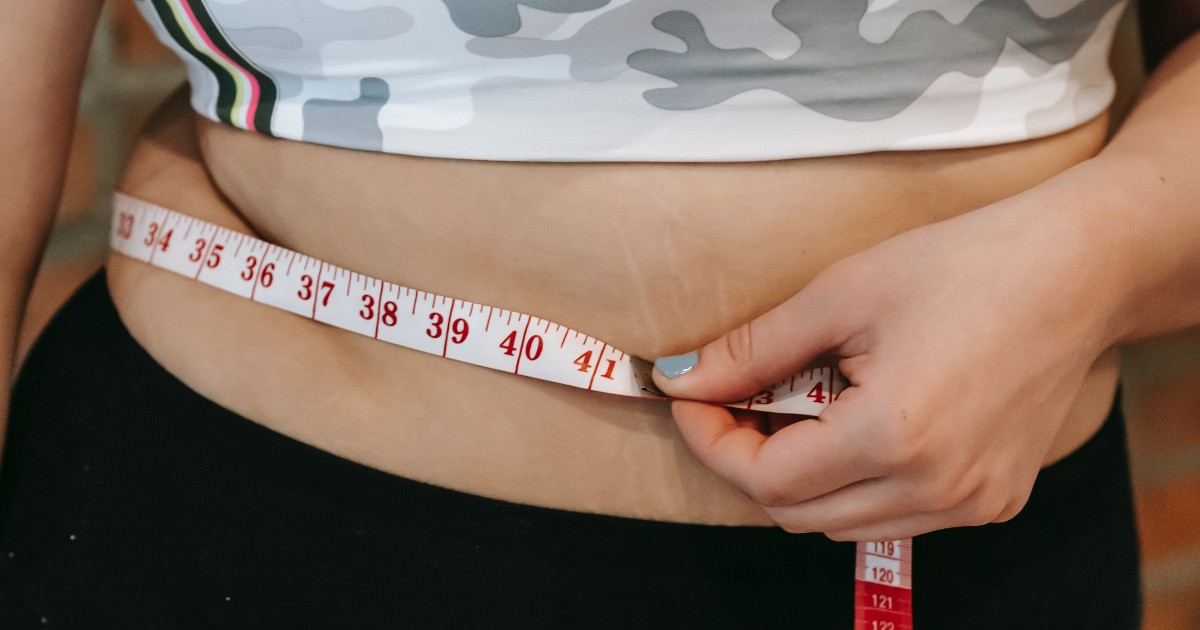
The arrival of food after hours then leads to an increased production of ghrelin, the appetite hormone; so during the day you feel hungrier, especially as leptin, the hormone of satiety, decreases.
Are you fighting against extra pounds, and despite the diet zero results? Maybe you eat at the wrong hours. That’s right, there’s a link between meal times, body weight, and appetite. And more and more scientific evidence confirms it. Beyond personal struggles with balance, Scientists have long been trying to understand the causes of rampant obesity, with all its corollary of problems (increased risk of diabetes, tumors, cardiovascular diseases, musculoskeletal disorders). But if calorie restriction, balanced meals and physical activity don’t work for everyone, what diabolical mechanism can mess everything up? Meal times. Chrononutrition says so, an emerging research field resulting from chronobiology, the scientific discipline centered on the biological rhythms that mark the daily life of all living beings – hormonal fluctuations, regulation of the sleep-wake cycle or body temperature, etc. – and which are regulated by the body’s internal clock. The invitation is to a paradigm shift: not only calories and nutrients, but also times.
Skinny by day
At different times of the day, the body, regulated over the course of 24 hours (circadian rhythms), is more or less predisposed to food intake, digestion, correct metabolism, the ability to burn fat, rest. Studies tell us that the same meal eaten at 9 and 21 has surprisingly different effects; even if calories and physical activity are equivalent, the time makes the difference. The latest confirmation comes from a recent review 1 which sought to understand the impact of food consumption at different times of the day by examining nine rigorous randomized clinical trials conducted on 485 adults. “It is a nice confirmation of what we already knew: with the same calories, those who eat late in the evening have a higher body mass index” comments the prof. Robert Manfrediniprofessor of internal medicine at the University of Ferrara and director of the medical clinic operating unit at Saint Anne of Ferraraauthor of A time for everything (Piemme, 2019). “It’s also a counter-proof: eating at night promotes weight gain, while eating during the day promotes weight loss. The main purpose of the study is to evaluate weight loss, but there are also secondary benefits reported in the tables, with an improvement in the parameters of LDL cholesterol, fasting glucose, insulin, blood sugar”.
The desynchronization
The biological rhythms that have accompanied man since his evolution have remained unchanged because they are advantageous, explains the expert, In fact, the rhythmic phenomenon is anticipatory and allows the organism to be ready at the right time to perform a specific action, such as receiving food or sleep. Before the invention of electricity, natural rhythms marked the day, we ate early in the morning and in the evening. Then, in a relatively short time, the times were changed and today we tend to dine late in the evening, the moment in which the basic glycemia is already high. Not only. “The cells of the heart’s biological clock feed on fat, but at night the heart is not ready to metabolize them, so the cells of its clock go out of balance”. The arrival of food after hours then leads to an increased production of ghrelin, the appetite hormone; so during the day you feel hungrier, especially as leptin, the hormone of satiety, decreases. The ability to burn fat, which accumulates in the body, is also impaired. Insulin also increases because the muscles are able to absorb it and use it to the fullest especially in the morning, and less and less during the day. This desynchronization of times has deleterious effects.
Fat and sick
“The US is the developed country with the highest obesity rate, but Spain is overtaking them in childhood obesity.” (And Italy follows!). Americans eat badly, Spaniards late. “With my working group in Spain we are doing civic education to teach young people to bring the evening hours forward by at least a couple of hours”. It’s not the exception that does the damage, but the regularity of the habit. “Systematically late dinner means hitting the body’s biological clocks. The physiological system fails and the pathological one is triggered”. This alteration of the rhythms is the basis of many diseases: diabetes, tumors, cardiovascular pathologies…
Harmonizing Strategies
Respecting circadian rhythms as much as possible is therefore essential for well-being. Here are some suggestions.
Breakfast. And the main meal of the day because in the morning the body is ready to metabolize food. Instead, we often skip it because we are not hungry, having eaten too much in the evening. Instead, as the day progresses, the food intake should gradually decrease.
Cena. It must therefore be light, but not only that, it must also be consumed at least a couple of hours before going to bed. “No later than 8-8.30pm”warns the teacher, then recommending to respect the long nocturnal fast, then arriving to have breakfast at 8-8.30.
Elastic regularity. All that for at least five days a week: according to studies, it is sufficient to have the benefits mentioned, even to have less tiredness during the day.
Use
1. Young IE, Poobalan A, Steinbeck K, O’Connor HT, Parker HM “Distribution of energy intake
across the day and weight loss: A systematic review and meta-analysis” Obesity Reviews 18 December 2022.